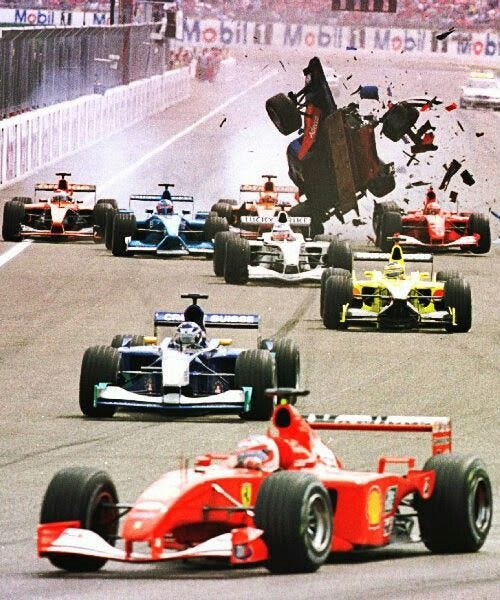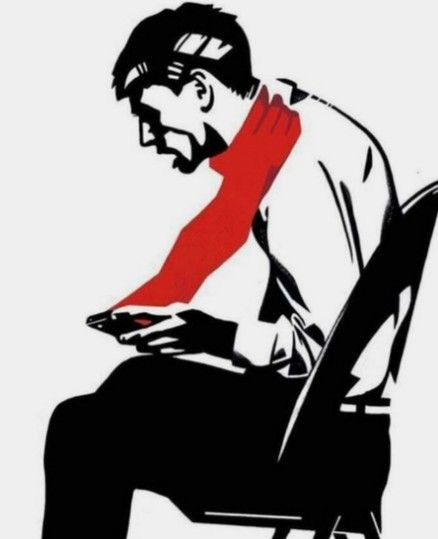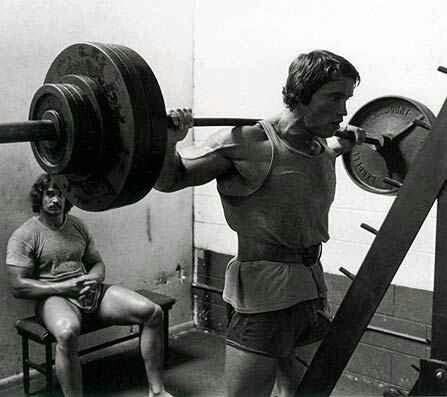Imagine If You Stayed Still. Imagine If You Didn't Try
The Zone of Proximal Development and Finding Your Edge
Legendary Formula 1 Driver Ayrton Senna said:
"I continuously go further and further learning about my own limitations, my body limitation, psychological limitations. It's a way of life for me."
If we want to know our full capacity as humans we need to seek the edge of our abilities.
We need to seek out the tightrope between a crucial mistake, and a breakthrough in our conscious understanding of our ability. This can be dangerous. And that's why many of us refuse to try.
This fog at the limit of the known, is what Psychologist Lev Vygotsky called “The Zone of Proximal Development.”
This concept refers to the gap between what a learner can do independently and what they can do with guidance or through independent trial and error. This is the period of friction; of mistakes and triumphs, of frustration and fear, and of sublime breakthrough.
If a child can solve addition and subtraction problems independently but struggles with multiplication, then multiplication problems would be in the child's Zone of Proximal Development. Likely, they will want to avoid these difficult problems; they will become frustrated as they learn the concepts and develop an understanding, but as they engage with the material they grow as individuals.
Throughout childhood and adolescence, we’re used to being in this zone. We explore and test our limits in the environment. Teachers, parents, and others structure our learning process and we’re compelled — often against our will — to step into the next stage of skill development.
But as we become adults, our growth stops. We’re the only ones to hold ourselves accountable anymore. And the edge of our capacity becomes a shadow. We forget what it feels like to through a plateau and we wither away slowly until the harsh realization hits us in the end.
“Could I have been more?”
Perverse Incentives and Easy Dopamine
Relative to our ancestors, we live easy lives.
Our food comes pre-packaged and abundant dopamine is found in our hyper-accessible screens and substances. The idea of willingly choosing to struggle; to pursue something to the edge of our capacity doesn’t seem worth it.
And why should it? We have the necessities of life. What is the point of placing ourselves in uncomfortable situations when it serves no immediate purpose?
The solution may seem counterproductive to some, but it’s never been more important. In recent years, the wealthiest nations in the world have seen drastic increases in depression, anxiety, and mental health problems. This shouldn’t be happening, but it is.
Our environment has removed the need for struggle, and so we have to invent it and imagine it to satisfy our subconscious desire to overcome. It’s in our biological nature to choose easy pleasure and quick dopamine over the long-tail satisfaction of learning a new song on the guitar or cutting our mile time by one minute. And after years of walking an “easy path”, we forget what it feels like to surprise ourselves. The edge becomes lost in childhood, and the feeling of true self-worth becomes just another outdated, and misunderstood concept.
We settle for easy jobs. Easy lives. And we tread water until the end, never knowing who we could become or how far we could push our abilities, interests, or talents.
Often, the frustrations in our youth keep us out of the arena as adults.
That's A Good Idea is a reader-supported publication. To receive new posts and support my work, consider becoming a free or paid subscriber.
You’ve likely felt embarrassment or shame from “not getting” a concept fast enough in school. You might have learned a skill and given up exploring new concepts or ideas because a friend was more dedicated or talented.
This fear of misjudging our own ability, of failing, keeps many of us on the sidelines our entire lives. This is the ego’s way of cutting us off at the knees.
And when we feel this mental friction, the culture we live in makes it easy to turn towards simple activities that simulate the feeling of being on the edge — of growing. Video games, validation from strangers on social media, porn, etc; are all a thin mirage of the primal satisfaction our minds and bodies crave through dedicated application of bettering ourselves in the world.
We confuse our daily habits — both good and bad — with finding the edge. We do the bare minimum at the gym. We level up on Call of Duty. We pretend we’re progressing, when we’re actually living as automatons.
Finding the Edge
If you want to find the edge, you first need to listen to your mind.
We make conscious decisions in life, and it’s up to you, to assess and judge these decisions each day.
If you look in the mirror, unsatisfied with your body, and you get this tiny voice in the back of your mind that tells you to run. You’d be a fool not to listen to it.
If you’re practicing guitar and you notice that a certain riff or song is difficult, you’d be a fool to go back and strum the easy songs you already know.
When returning to the edge, we have to set low expectations. You cannot expect that something will be easy or quick. But what you must expect of yourself, is that you’ll take one more step further into the fog each time. You must get used to the feeling before you can enjoy living in it.
Just as you get stronger by adding more weights to the bar, you learn and progress, by spending a few more minutes practicing, running, creating, or learning.
Set a timer for 30 minutes. Commit to the difficult task. Expect friction, and you might be surprised to find that once-lost experience of falling into a flow state. The euphoria of feeling totally engaged with what it is you’re doing. This is where you surprise yourself; this is the feeling of equanimity where you progress to the next level and enjoy the act of struggle. This is childhood exploration returning again. This is the feeling of being alive; connected with your instincts, body, and mind, and moving through it.
You don't seek the edge to cause yourself the pain of failure, you seek the edge to avoid it. To show yourself you’re capable of overcoming, of embodying your spirit through conscious action instead of cheap pleasure and relaxation.
Imagine if you stayed still.
Imagine if you didn't try.
With love,
-Joe
P.S.
I’ll be releasing more posts/essays/thoughts during the weekday that will be behind a $ 5-a-month paywall.
I will always have these weekend explorations open for anyone who wishes to read them, but if you like my writing, please consider supporting my work.
These weekday posts will have a more personal and actionable framework. My aim is to discuss what I’m currently reading, my work as a creative, and what I find compelling in this great and beautiful mystery called life.
My goal with these posts is to give you tools, thoughts, and ideas not just from me; but from other thinkers, artists, and writers whose ideas and philosophies can help us all live a more creative and meaningful life.
If this interests, you please subscribe below.
-Joe







